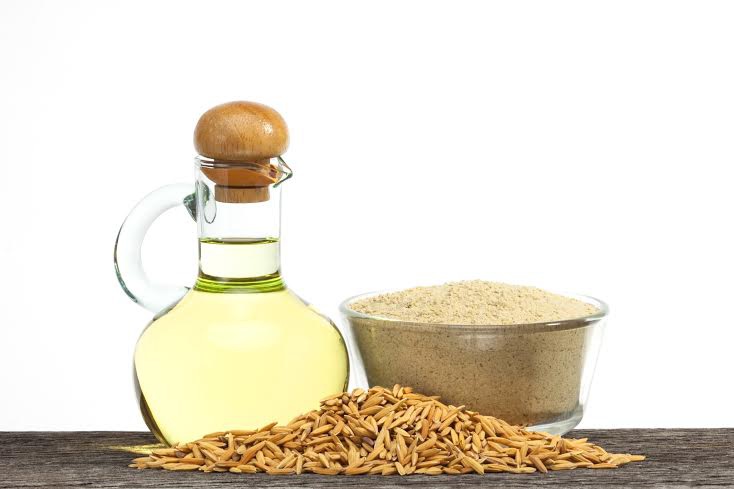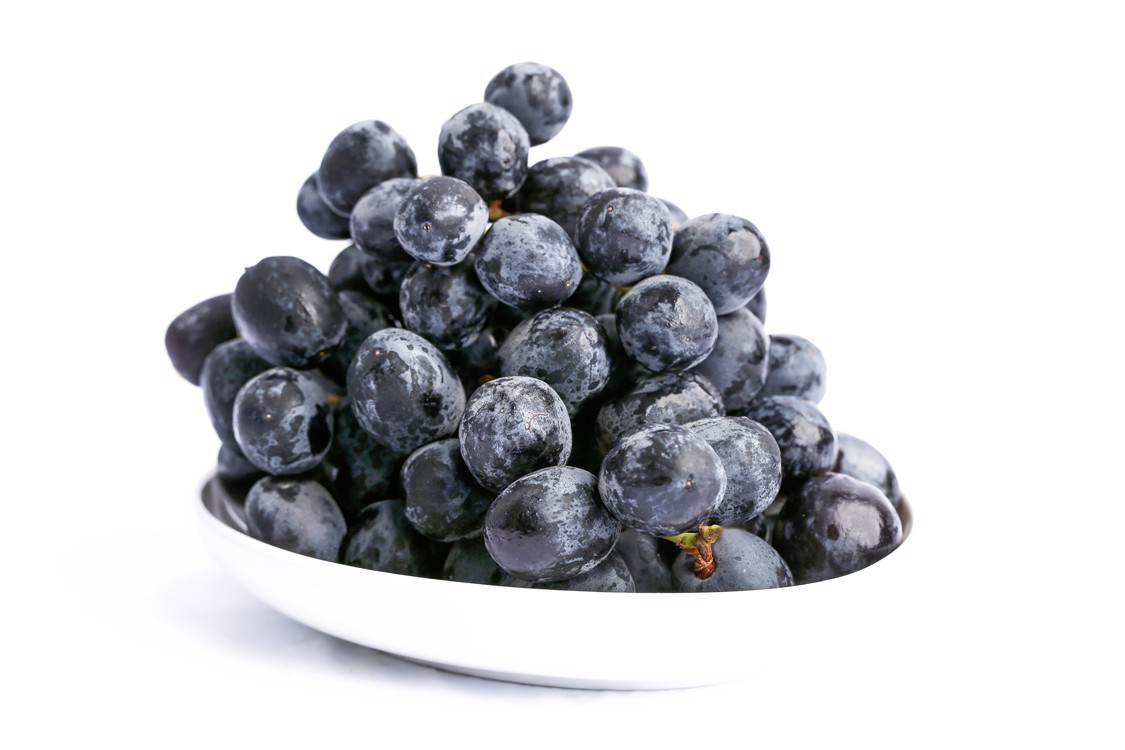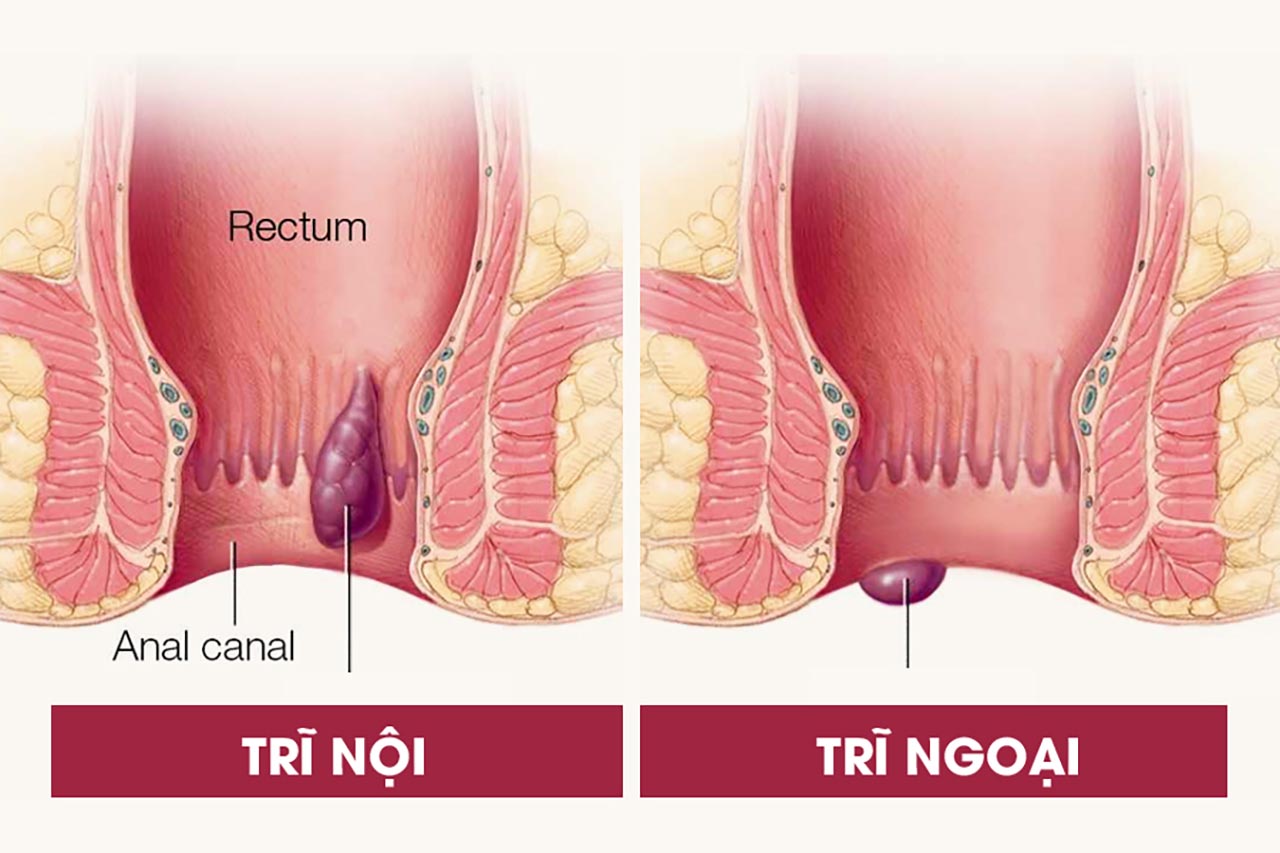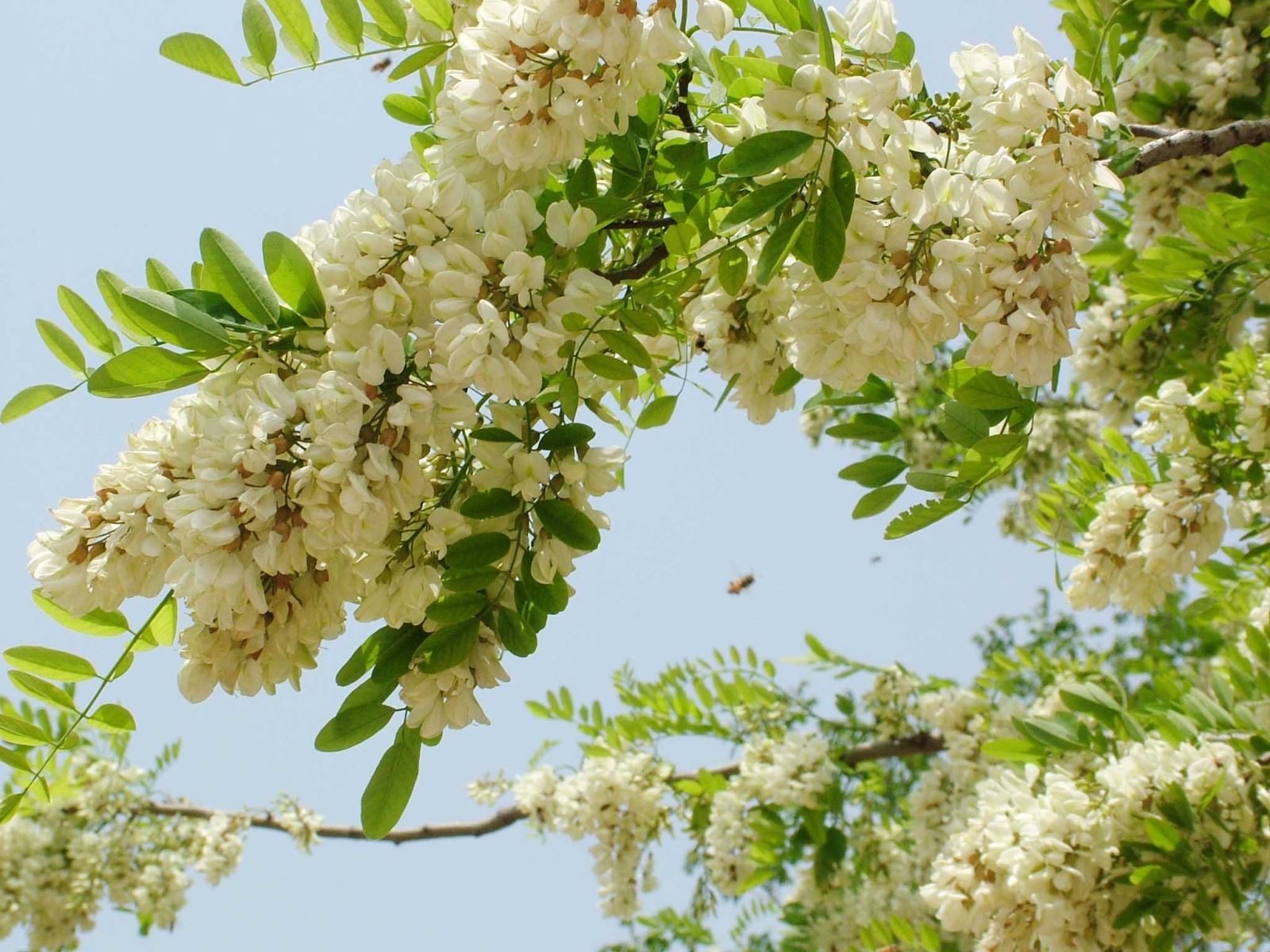The cardiovascular system will be very “delighted” if you increase the amount of red grapes, blueberries, peanuts into your diet.
Recent studies have proven that a natural compound called resveratrol, which is abundant in blueberries, peanuts, red grapes, red wine… brings a lot of health benefits, such as: the ability to regulate blood pressure; protect nerve cells against aging and reduce the risk of cancer onset; sustainably promote the health of the cardiovascular system.
Tests conducted on rats have shown that: resveratrol reduces the risk of cardiovascular diseases. Even resveratrol’s polydatin precursor is good for the heart.

The mechanism by which the compound resveratrol protects the heart from cardiovascular problems has long baffled scientists. Previously, some experts theorized that this ability came from the antioxidant properties of resveratrol.
To analyze this mechanism in detail, recently, a team of scientists from King’s College (London, UK) conducted a study with tests on mice, and the results they obtained. seems to be the complete opposite of previous views.
In this experiment, the authors used mice with high blood pressure and divided them into 2 groups:
– Group 1: Have a normal diet.
– Group 2: Diet supplemented with resveratrol.
After a period of monitoring, the second group of mice showed that the blood pressure index had dropped significantly, just as the group of authors expected.
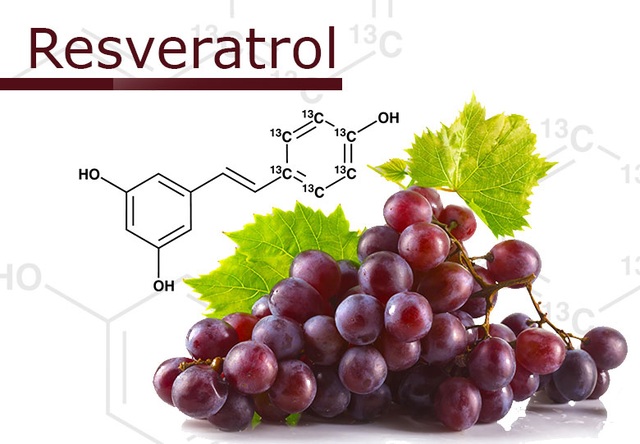
Conducting further analysis of the mechanism, the scientists discovered that resveratrol helped blood vessels “relax” by activating a protein called PKG1a. “Through the oxidation of PKG1a, resveratrol helped the blood vessel walls to be dilated, thereby lowering blood pressure,” emphasized the author’s representative.
To further confirm this result, the team also conducted tests on muscle cells on human blood vessels. What is obtained is completely consistent with the experiment in mice. Specifically, the protein PKG1a in human cells is also oxidized by resveratrol. From that, resveratrol also has the ability to help “relax” human blood vessels.
Until now, resveratrol has been considered an antioxidant. In most cases, oxidants cause damage and instability in cells and tissues through oxidation. However, given the findings of this study, resveratrol also acts as a beneficial oxidant, helping to support the health of the cardiovascular system, which is the opposite of what we know about antioxidants.
Based on this study, the authors confirm that not all oxidants are harmful to humans. Even the health benefits of many antioxidants are realized through oxidation.








